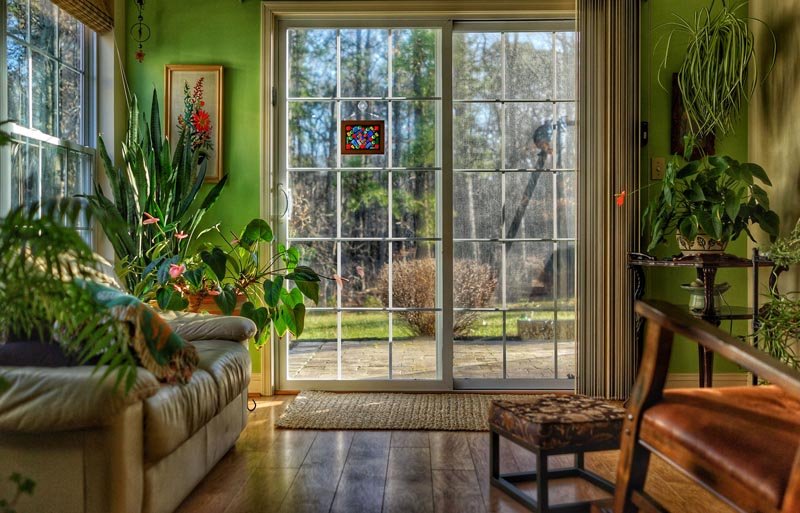The soul of democracy has been torn apart in India since its inception. The political elite constructed the idea of democracy and secularism among its own people and the public, whereas, in reality, power politics remained a dominant factor for a long time.
The desire for a progressive, secular nation that would grant its citizens the luxury of liberty, equality, and justice was expanded with Jawaharlal Nehru’s “Tryst with Destiny” speech on August 15, 1947. Among the South Asian nations, India is renowned for being the largest democracy in the world and a secular nation. Given the failures of democratic political systems in so many other former colonies, it is amazing that the nation remained a democratic state the exception of a brief period between 1975 and 1977 when the then-prime minister, Indira Gandhi, declared an “emergency” and suspended the Constitution.
Up until the 1980s, the Congress Party had firm control of Indian politics and had not encountered any significant threats from the opposition. However, At the end of that decade, the Congress Party’s long reign of absolute dominance had come to an end. Rajiv Gandhi’s administration floundered, its initiatives were in disarray, and he was implicated in damaging allegations of high-level corruption, particularly in the “Bofors affairs.” Meanwhile, insurgencies had gained traction in Punjab and Assam before spreading to Kashmir, and there appeared to be an increase in violence and instability throughout the nation.
In the northern Indian town of Ayodhya, an old mosque was destroyed in December 1992 by a mob of Hindu cultural nationalists. At this point, the BJP began to dominate the national opposition to the Congress party. During this time, India’s political system experienced a period of political unrest. The 1990s saw five general elections in ten years (in 1989, 1991, 1996, 1998, and 1999), compared to just eight in the 40 years before.
Facts show that political entities in India failed to create a democratic environment; for example, Article 356 “President’s rule” was used by governments at the center, regularly dissolving state governments; Indira Gandhi used this instrument 39 times between 1966 and 1977, and it was used a total of 100 times before the end of the twentieth century. Even with such distorted designs, India managed to maintain its outlook of liberal democracy and secularism, but what now? Can we still associate terms like liberal democracy and secular nation with India?
Until now, there has been no significant theoretical dent in India’s democratic and secular pattern. Modi and company, on the other hand, are driving India toward hard-core religious orientations. In India, democracy exists only as a strange beast with the appearance but not the substance of rule of, by, and for the people. Instead, it is of, by, and for the chowkidars (watchmen), who are only concerned with self-promotion.
India today is a unique and deplorable example of a state that promotes hate crimes against minorities and consistently fails to hold those responsible for cow vigilantism, mob lynching, forced conversions, and violating Indian law to account. Amnesty International India has urged the Indian government to release all political prisoners in the occupied valley and “end the deliberate silencing of voices in the region,” to which the government has responded by criticizing the international organization.
Such BJP attitudes have become the new normal in Indian society. There are numerous examples that can be cited to demonstrate undemocratic exercises, such as the subjugation of institutions or disruptions in the functioning of an institution; one of the most striking examples is the undermining of Parliament by the BJP’s “resignation first, discussion later” group.
In a parliamentarian session, Shashi Tharoor argued that the house is used as a “notice board” where the people in power post their decisions. He also claimed that the unilateral decision to repeal Article 370 had been a dark day for Indian democracy. Even Supreme Court justices have warned that democracy is in jeopardy in 2018.
It is now up to the people of India to decide whether they want to believe Modi’s lies and gradually lose their status as a secular and democratic society, or whether they want to preserve the values, system, and patterns of their forefathers. On the other hand, the international community bears sole responsibility; will it allow a state to deviate from its fundamental beliefs? Will they allow India or any other country to abandon democracy in favor of another form of government? India has already established a precedent. The constructed bubble of democracy and secularism should be popped at this time, and we must act responsibly.
